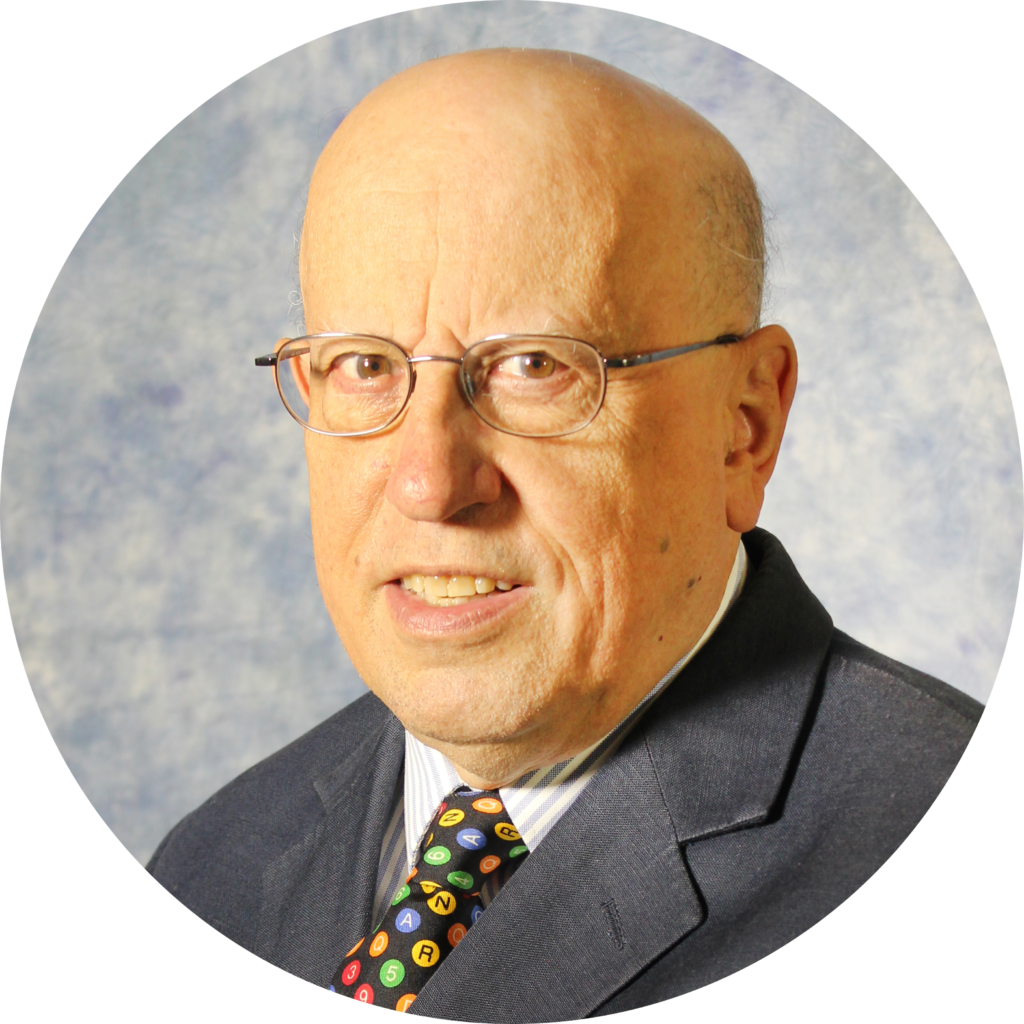
Perilous Times Ahead for Religious Freedom on Public College and University Campuses?
Charles J. Russo
“Library” from Pixabay (License)
After its recent attempts to challenge conscience exemptions for medical professionals whose faiths prevent them from participating in procedures such as abortion or gender reassignment surgery, the Biden administration has continued its assault on religious freedom. This time the administration and the Federal Department of Education (DOE) are placing the status of religious freedom on the campuses of public institutions of higher education in peril. On February 21, 2023, following a year of internal review, the DOE announced its proposal to rescind the religious freedom section of regulations promulgated incident to President Trump’s March 2019 Executive Order 13684 “Improving Free Inquiry, Transparency, and Accountability at Colleges and Universities.”
According to Trump’s Executive Order, which was finalized in September 2020, federal departments must ensure that public institutions of higher education receiving federal grants “promote free inquiry” consistent with the First Amendment. The regulations apply to public institutions of higher education that receive either direct grants from the DOE or funds from state-administered formula grant programs. These rules forbid officials from denying faith-based student groups any rights, benefits, or privileges of other campus organizations due to their religious beliefs, practices, policies, speech, or membership or leadership standards rooted in their sincerely-held religious beliefs.
Because critics of the Trump-era rule viewed it as a way to avoid the Supreme Court’s ruling in Christian Legal Society v. Martinez, it is useful to briefly review that case. Martinez began after the Christian Legal Society, an organization of religious law students, adopted bylaws including the requirement that its members and officers sign a “Statement of Faith” requiring all who join to comply with its religious principles, including the belief that sexual activity should only occur between a married man and woman.
Officials at the Hastings College of Law rejected the Society’s application to acquire status as a recognized student organization (which would have afforded it access to campus facilities and resources) because its bylaws differed from the school’s “all-comers” policy. Under that policy, groups seeking official status could not exclude individuals based on religion or sexual orientation even if the potential members rejected organizational values. After challenging the law school’s policy in lower federal courts and failing, the society unsuccessfully appealed to the Supreme Court.
In a five-to-four judgment, a splintered Supreme Court eroded the rights of religious clubs in higher education to select leaders and members who share their values. The Court ruled that administrators at the law school had the authority to implement the policy requiring all student groups, including on-campus religious clubs, to admit “all comers” from the student body regardless of whether potential members agreed with the clubs’ beliefs, as a condition of becoming recognized campus organizations. In his lengthy dissent, Justice Alito wrote that “I do not think it is an exaggeration to say that today’s decision is a serious setback for freedom of expression in this country.” Alito’s remark remains as true today as it was then: the Court essentially placed faith-based groups in the position of having to choose between compromising their values in exercising their ability to exercise their right to the free exercise of religion while receiving benefits to which other campus groups are entitled as a matter of constitutional right.
Alito’s remark remains as true today as it was then: the Court essentially placed faith-based groups in the position of having to choose between compromising their values in exercising their ability to exercise their right to the free exercise of religion while receiving benefits to which other campus groups are entitled as a matter of constitutional right.
Assistant Secretary for Postsecondary Education Nasser H. Paydar announced the DOE’s intent to roll back the enforcement mechanism sections of the Trump-era Executive Order “because the Department believes it is not necessary in order to protect the First Amendment right to free speech and free exercise of religion given existing legal protections, it has caused confusion about schools’ nondiscrimination requirements, and it prescribed a novel and unduly burdensome role for the Department in investigating allegations regarding public institutions’ treatment of religious student organizations.” The announcement added that “[w]e have not seen evidence that the regulation has provided meaningfully increased protection for religious student organizations beyond the robust First Amendment protections that already exist, much less that it has been necessary to ensure they are able to organize and operate on campus.”
At its heart, as noted, the proposal intends to eliminate the regulations which were designed to implement the part of Trump’s Executive Order that prevented college and university officials from denying faith-based student organizations any rights, benefits and privileges afforded to nonreligious student groups. The DOE’s proposed action is grounded in its concerns that the existing rule might allow student groups “to go beyond what the First Amendment mandates by discriminating against vulnerable and marginalized students.” If the rules are rescinded, institutions that violate them could be denied access to grant programs administered directly by DOE or indirectly through the states but not federal financial aid. The DOE seeks comments on its proposed action until March 24, 2023. Given this timeline, it seems intent on carrying outs its goal of rescinding the Trump era rules.
It is important to acknowledge that all persons have the fundamental right to live in accord with their own values and lifestyle choices free from discrimination in any form. But is it truly discriminatory if faith-based groups and their members seek to do the same by living and congregating with others in manners consistent with their millennia-old religious teachings? Put another way, this controversy raises the question of whether there is room for legitimate differences of opinion regarding the complex interplay between religious teachings and personal sexuality.
There can be no doubt that the Biden administration and the DOE have the legal authority to rescind and/or modify earlier regulations from another administration. What is confounding about their efforts with regard to the Trump-era rules, is their apparent unwillingness to recognize that freedom of religion (and related rights such as freedom of expression and association) go both ways. On the one hand, it is not unreasonable to afford the Biden administration and DOE the benefit of the doubt as to their motives; they seem to be seeking to ensure greater access, equity, and inclusion to individuals wishing to participate in on-campus activities. On the other hand, it is unclear why individuals and groups, with the apparent support of the federal government, would seek to require people of faith and their on-campus organizations whose perspectives differ from their own to violate their sincerely held religious beliefs by essentially mandating that they affirm lifestyles inconsistent with their own by accepting members who reject their values.
It would be helpful if the notice of proposed rule-making offered more clarity regarding what the DOE and administration ultimately hope to accomplish vis-à-vis the rights and activities of religious groups on campus, as well as some specific examples of instances in which faith-based organizations allegedly violated the existing rules; this would add necessary background which could help justify their plan. If the administration and DOE can provide more openness about their motivation, then the proposed modifications might be more palatable to supporters of religious freedom as well as faith-based groups, who will be understandably concerned about their rights to operate freely on campuses.
Until the administration and DOE provide greater clarity as to their motives in reducing the protections afforded faith-based groups on campuses, it will remain uncertain as to exactly what they hope to accomplish and why they are pursuing such a change at this time. To reiterate: if the DOE and administration can more clearly offer a rationale as to why they are acting now it might help to allay the concerns of those who fear that their rights to exercise their religious beliefs are being infringed.
If individuals disagree with the stances of faith-based groups (or any other groups on their campuses), they are certainly welcome to start their own organizations. This was the Second Circuit’s suggestion in an analogous case from a public high school in New York. In fact, it is puzzling why individuals would want to join groups with whom they have little or no affinity when they are free to gather with other like-minded persons. At the risk of abject cynicism, an argument can be made that the overturning of the Trump-era rules appears to be an initiative designed to deny recognition to on-campus religious groups that remain true to the teachings of their faiths with regard to human sexuality.
At the risk of abject cynicism, an argument can be made that the overturning of the Trump-era rules appears to be an initiative designed to deny recognition to on-campus religious groups that remain true to the teachings of their faiths with regard to human sexuality.
Moving forward, we should recall the prescient words of Justice Alito’s dissent from a very different case: Obergefell v. Hodges. Justice Alito pointed out that changes engendered by emerging attitudes in American society with regard to human sexuality as defined or interpreted in federal litigation, law, and regulations may be “used to vilify Americans who are unwilling to assent to the new orthodoxy…I assume that those who cling to old beliefs will be able to whisper their thoughts in the recesses of their homes, but if they repeat those views in public, they will risk being labeled as bigots and treated as such by governments, employers, and schools.” We must hope that Alito’s words are mere hyperbole.
In his book God’s Name in Vain, Prof. Steven Carter echoes Justice Alito’s sentiment. Carter notes that “On America’s elite campuses, today, it is perfectly acceptable for professors to use their classrooms to attack religion, to mock it, to trivialize it, and to refer to those whom faith truly matters as dupes, and dangerous on top of it.” While the proposed rule changes the DOE and administration are advocating do not appear to be initiated by members of the academy, the adoption of these modifications runs the risk of relegating people of faith to second-class status just as Carter warned. At the same time, when dealing with the rights of faith-based groups on campuses, the administration musts recall that the Supreme Court “made clear that the government, if it is to respect the Constitution’s guarantee of free exercise, cannot impose regulations that are hostile to the religious beliefs of affected citizens and cannot act in a manner that passes judgment upon or presupposes the illegitimacy of religious beliefs and practices.”
One must hope, then, that both sides of the ongoing debates regarding religious differences on human sexuality can reach a compromise that allows all parties to live the lives of their choice free from undue government interference. If people of good faith on both sides of this thorny question can agree to disagree civilly, then perhaps the status of religious freedom on campuses may not be all that perilous.♦

Charles J. Russo M.Div., J.D., Ed.D., Joseph Panzer Chair of Education in the School of Education and Health Sciences (SEHS), Director of SEHS’s Ph.D. Program in Educational Leadership, and Research Professor of Law in the School of Law at the University of Dayton, OH, is also an Adjunct Professor at Notre Dame University of Australia School of Law, Sydney Campus.
Recommended Citation
Russo, Charles J. “Perilous Times Ahead for Religious Freedom on Public College and University Campuses?” Canopy Forum, March 16, 2023. https://canopyforum.org/2023/03/16/perilous-times-ahead-for-religious-freedom-on-public-college-and-university-campuses/.

